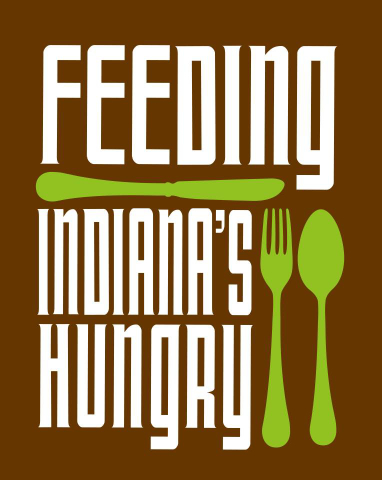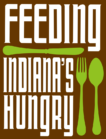Emily Weikert Bryant, executive director of Feeding Indiana’s Hungry, says there are thousands of Hoosiers without enough food because they can’t get help.
Indiana law says anyone convicted of a drug offense is not eligible to collect SNAP benefits regardless of how little money they have. Bryant says many of them are mothers just being released from jail.
“They may be taking custody of their children, they may be trying to keep their families together, but they can’t get access to enough food to feed their families and it has a definite impact of family stability,” she says.
House Bill 1078 would remove the stipulation that anyone convicted of drug offenses would not be allowed to receive SNAP benefits. Another bill that may come up next week is Senate Bill 377. It would remove some of the restrictions placed on people about how much money they can have saved up in order to qualify for the SNAP program.
Bryant says right now a family can’t have more than $2,250 in assets. That excludes their home, pension benefits or life insurance policies.
“Problem with that is it discourages families from saving,” she says. “And helping them move themselves out of poverty and into self sufficiency.”
Bryant says food banks and pantries across Indiana feed 1.1 million people a year. She says providing food to the needy means they don’t have to make a choice of using what little money they have to eat, or to keep the heat on in their homes.
“If a family has access to SNAP benefits, which are spent only on food, it frees up some of their other income to be able to pay that utility bill or to pay that rent,” Bryant says.
Veronica Carter, Public News Service – IN



